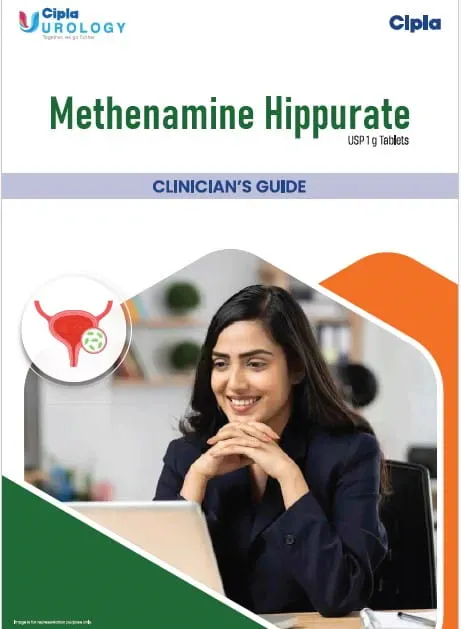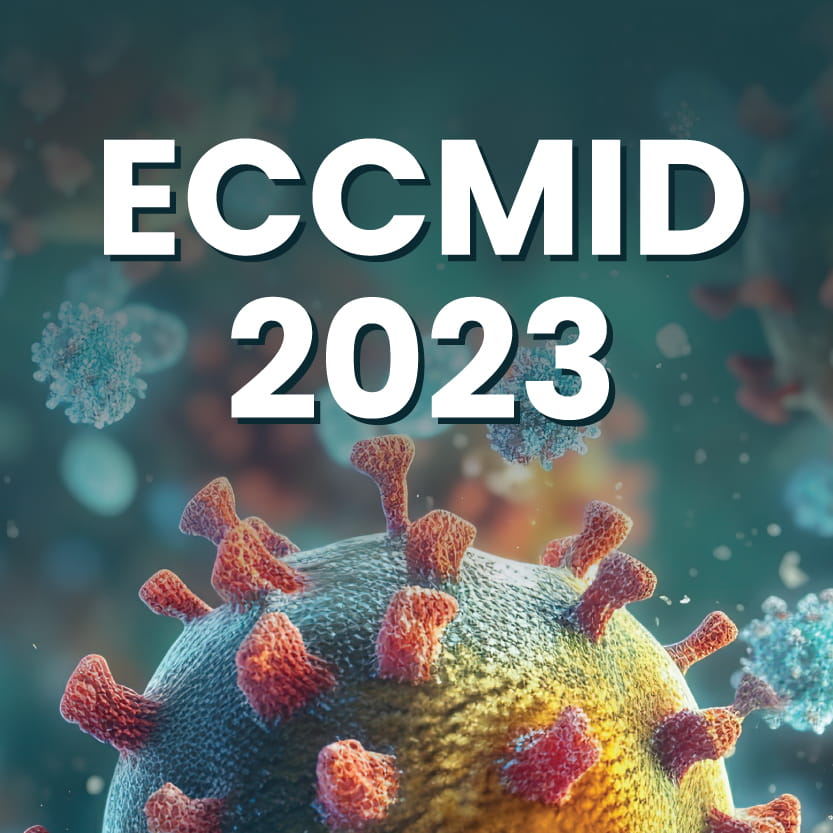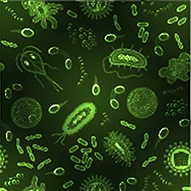ECCMID 2023: Recurrent Urinary Tract Infection: Exploring Management Differences by Medical Specialty
The poster presented the findings of a survey conducted with general practitioners, gynaecologists, urologists and infectious diseases physicians which assessed the specialist differences with recurrent urinary tract (RUTI) management. For the survey, a 16-question document covering diagnostics, treatment and prophylaxis of RUTI to their members was shared across 4 medical specialties in Switzerland. Differences between proportions were calculated using Chi-square test.
The survey was responded by 347 individuals among which 50% were gynaecologists, 26% were general physicians (GPs), 15% were urologists and 11.3% were infectious disease specialists. Previous antibiotic treatment (96%), sexual history (93%), and results of past urine cultures (86%) were the most relevant aspects of acquiring history. It was found that sexual history was less-often inquired by GPs (88%) as compared to other specialties (96%. p = 0.01). Urine cultures (98%) and urinalysis (93%) were the common diagnostic approaches. Renal ultrasound was less frequently performed (44%). Urologists more commonly perform renal ultrasound exams (85% vs. 35%, p<0.001) and CT scans (23 vs. 4%, p<0.001) as part of the workup as compared to other specialists. A combination of symptoms such as leukocyturia and bacteriuria (47%), or symptoms and bacteriuria (23%) were used by most responders to establish a diagnosis; a considerable number of GPs (17%) based their diagnosis on a symptom and leukocyturia combination.
The non-antibiotic management options included increased fluid intake (81%), topical estrogen (80%), mannose-containing products (80%), bacterial lysate (65%) or cranberry preparations (59%). Nitrofurantoin was the primary choice for continuous antibiotic prophylaxis; however, GPs ranked TMP-SMX (40%) as first choice more often than other specialists. A prophylactic course for 3-6 months followed by a re-evaluation was practiced by most responders (46%). Among the responders, 21% requested follow-up urinalysis and 19% urine cultures. As compared to other specialties, urologists were more likely to request a test of culture (55 vs 37%, p=0.03, Figure 1).
The survey concluded that there was a uniformity in diagnosis and management of recurrent UTI which were in line with the guideline recommendations. The differences observed were with the tendency to perform diagnostic imaging by urologists and the common use of leukocyturia as diagnostic criterion among GPs.
Figure 1: Preferred management options per medical specialty
European Congress of Clinical Microbiology and Infectious Disease 2023, 15th April -18th April 2023, Copenhagen, Denmark




